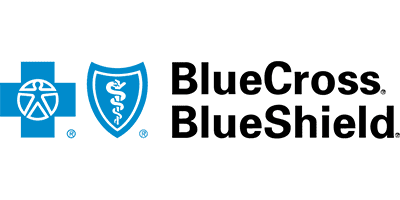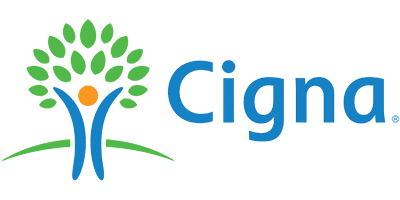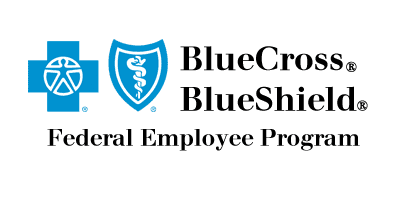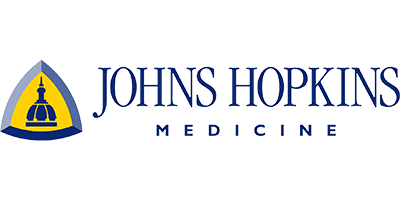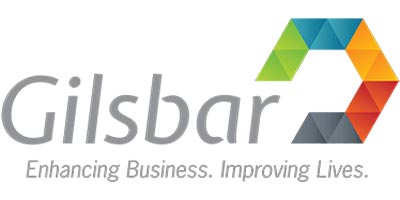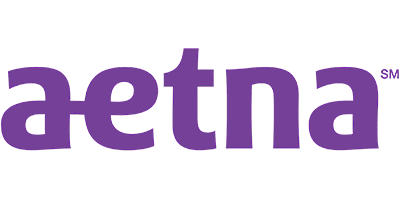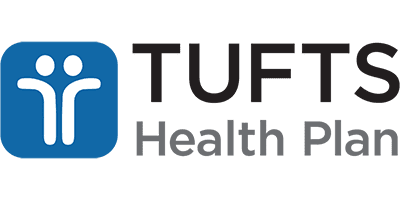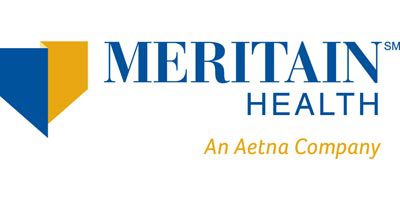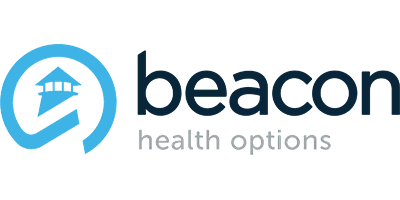What is Outpatient Treatment?
In addiction treatment, care often occurs along a spectrum or continuum. A continuum of care in addiction treatment refers to an integrated, comprehensive set of services at different intensity levels. The goal is to help meet your changing needs throughout your recovery journey, with a seamless transition between treatment levels. In a continuum of care, you receive the appropriate level of support based on your circumstances, the severity of your substance use disorder and your recovery stage. The continuum of care model recognizes recovery as an ongoing process, requiring individualized interventions at different stages.
So, what is outpatient treatment in this continuum? It’s actually a broad term that refers to any level of treatment that’s not residential. Outpatient rehab can occur at different intensity levels as well, and for some people, it’s a starting point. For others, it’s a step down from an inpatient or more intensive program.
Outpatient Los Angeles offers three levels of outpatient rehab, each of which integrates personalized treatments and support with flexibility.
What Is Outpatient Rehab?
So, what is outpatient treatment broadly? It can refer to any rehab program where you receive treatment for substance misuse issues without residing in a facility. Unlike residential rehab, when you participate in outpatient treatment, you can live at home, continuing daily activities while attending scheduled treatment programs and therapy sessions.
Some of the key features that tend to be shared among outpatient programs include:
- Counseling and therapy on an individual and group basis. The sessions may focus on addressing the behavioral and psychological aspects of addiction.
- Some outpatient programs include medication-assisted treatment (MAT) for individuals struggling with opioid or alcohol dependence.
- Programs may include educational sessions to help with understanding addiction, triggers, coping mechanisms and relapse prevention strategies.
- Outpatient treatment can include support group participation so individuals can build a support network, receive encouragement and share their experiences.
- There’s a sense of flexibility in outpatient treatment that’s not available in inpatient rehab. You can often attend sessions based around your other outside commitments. This is beneficial if you don’t require the intensive structure of an inpatient program.
- Outpatient rehab can integrate family therapy or family education sessions to help involve and educate loved ones to support the individual in their recovery.
If you’re wondering what outpatient treatment is and how it could work for you, we encourage you to contact our team at Outpatient Los Angeles to learn more.
Partial Hospitalization Programs
At Outpatient Los Angeles, our highest level of outpatient care is our partial hospitalization program or PHP. It is a full-time commitment but doesn’t require you to live at the treatment center. It’s a shorter program than residential rehab so participants can fit their care into a couple of weeks compared to a couple of months. If you have a small amount of time available for treatment, a PHP at Outpatient Los Angeles can be an excellent fit for your needs.
Our PHP requires a commitment of up to 20 hours a week. Clients come to the center every day during the week, with sessions both before and after lunch.
Clients typically meet for two or three weeks, and our PHP is well-suited to clients who want to start their program with detox services and who want something comparable to residential programs in terms of services. It’s also a good program for someone with a mild to moderate addiction, any client with a supportive living environment and for individuals able to provide their own transportation to and from the center.
You can reach out to our treatment advocates to learn more about a partial hospitalization program at Outpatient Los Angeles.
Request a 100% Confidential Callback
Still have questions? Request a callback or give us a call today.
- No Obligation When You Call
- All Contact Is Completely Confidential
- Expert and Caring Staff Ready For You
- 5-Star Rated Programming
Intensive Outpatient Program
The next step down from a PHP at Outpatient Los Angeles is an intensive outpatient program or IOP. This provides access to services, and again, you don’t reside at the treatment center. Instead, you make arrangements so you can participate in a structured schedule of both individual and group therapy sessions and other types of holistic care.
An IOP requires a commitment at our center of 10-15 hours a week, and you’re expected to come to the center a few days a week, usually no more than five hours a day. You will usually meet for three to four weeks. It’s a good fit if you’ve already completed a detox program, have a supportive living environment, have a mild to moderate addiction, or have completed residential treatment already. An IOP can also be a good fit if you’re currently in a sober living facility.
If you’d like details on our IOP or you want to find out if it could be a fit for your needs, you can reach out to our team at Outpatient Los Angeles.
Traditional Outpatient Rehab
Our least intensive level of care at Outpatient Los Angeles is our traditional outpatient program, which is made up almost entirely of support groups and group therapy. You can transition into regular outpatient treatment after you complete a higher level of care. It’s a way to receive continued support if you’re not ready to go without ongoing services, but you don’t need supervision or the same level of commitment as more intensive outpatient treatment.
Our traditional outpatient programs usually consist of one or two hours of support groups or other therapy each week.
Traditional outpatient programs can last for several months or longer if needed.
Types of Therapy in Outpatient Programs
When answering “What is outpatient treatment,” it’s also important to highlight the types of therapies and services you might receive. Talk therapy is a broad category of treatment that includes things like cognitive behavioral therapy. Talk therapy sessions aim to help with managing mental health conditions that contribute to addiction, explore the underlying root causes of your addiction, review the negative thoughts that might hinder your recovery and help you learn coping strategies if you’re feeling triggered or experiencing stress.
Group therapy is also a big part of most outpatient programs. You share challenges and experiences and work together to learn coping strategies, and relapse prevention strategies and explore the topic of addiction more deeply.
There are quite a few benefits of choosing outpatient treatment. Flexible scheduling is one of the biggest. A lot of people can’t take several months off at a time to participate in inpatient rehab. Outpatient treatment includes several levels of care that can be fit into your existing schedule. The cost is another benefit—outpatient programs are almost always going to be cheaper than residential treatment. You gain real-time practice for things like your coping strategies and relapse prevention in outpatient rehab.
We can help you find the right level of care for your needs, so please contact our team at Outpatient Los Angeles today to begin your recovery or take the next step.
We Accept Most Insurance Providers
Our programs are compatible with most private insurance providers, and we also offer competitive self-pay rates. Our professional admissions staff will work hard to maximize your insurance benefits so you can focus on your recovery – not your insurance. Verify your benefits now to get started!

